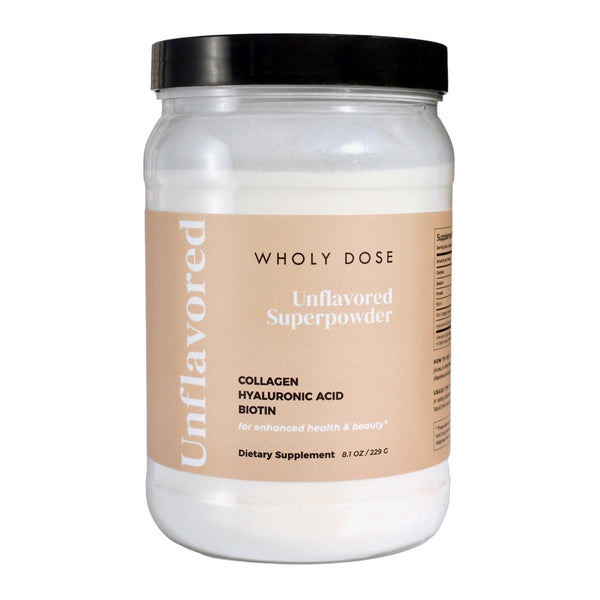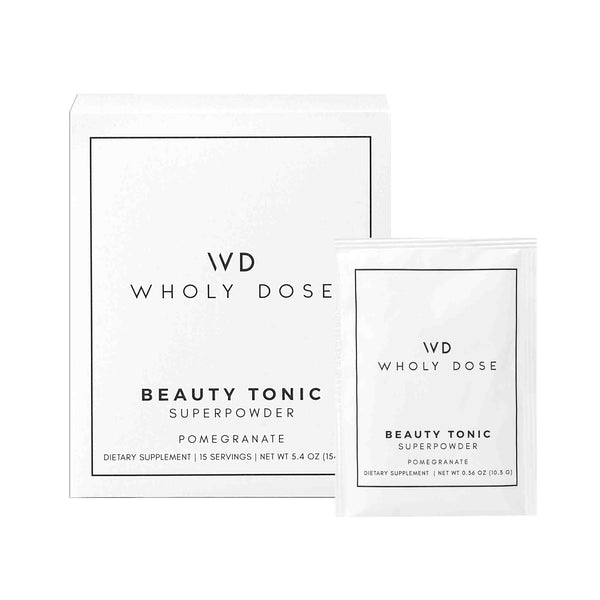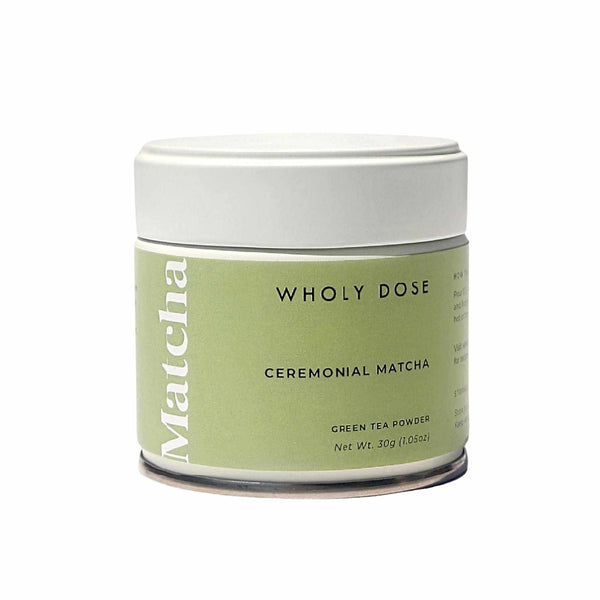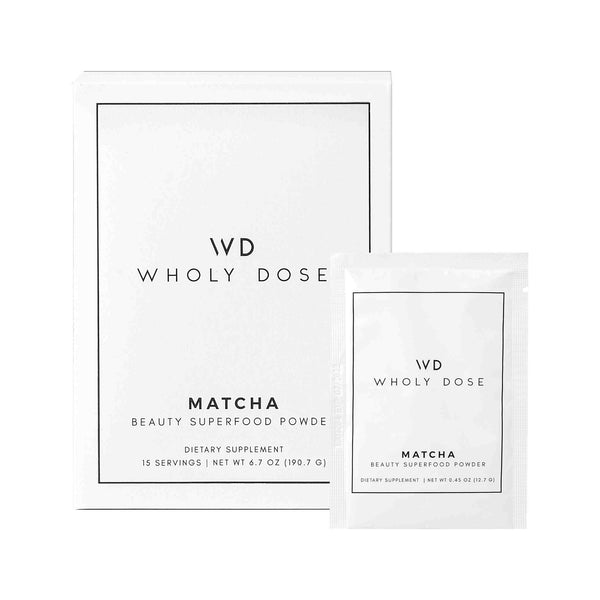
What Are Hyaluronic Acid Supplements?

Hyaluronic acid (HA) is a component that’s present in every connective tissue and organ in your body. It's a naturally occurring compound found in high amounts within your skin, joints, and eyes.
What does hyaluronic acid do?
Hyaluronic acid keeps body tissues hydrated and lubricated. In particular, the skin has the largest amounts of hyaluronic acid in the body, with 50% of total body HA present in your skin.
As we age, our hyaluronic acid levels decrease. So, taking hyaluronic acid supplements may help prevent aging-related health changes, acting as an anti-aging solution for wrinkles, skin, and joint health.
This article explains how hyaluronic acid supplements are used, what the side effects are, and the recommended dosage.
Uses for Hyaluronic Acid Supplements
People take hyaluronic acid supplements for beauty and aging related concerns. Some doctors and medicine practitioners swear by hyaluronic acid supplements to prevent or treat a variety of health concerns, including:
- Skin wrinkles
- Dry skin
- Chronic fatigue and pain
- Fibromyalgia
- Insomnia
- Osteoporosis
- Urinary tract infection
In addition to oral supplements, hyaluronic acid comes in other forms including:
- Hyaluronic acid serums and moisturizers for the face (for skin appearance)
- Hyaluronic acid injections for the knee (for knee osteoarthritis)
Some people believe that ingesting hyaluronic acid supplements with oral supplements offer the same or better benefits than these other forms.
Hyaluronic Acid Supplements for Skin Wrinkles
There is strong evidence that ingesting hyaluronic acid supplements has anti-aging properties that improve skin tone, hydration, and helps to reduce fine lines and wrinkles.
According to a 2017 study in Clinical, Cosmetic, and Investigational Dermatology, 60 people with crow's feet (wrinkles around the eyes) experienced a significant reduction in wrinkle depth and volume after 12 weeks of taking an oral hyaluronan (hyaluronic acid supplement). The participants also experienced improvements in their skin luster and suppleness (glowing skin and plumpness).
Another 2017 study in the Journal of Evidence-Based Complementary and Alternative Medicine similarly reported promising outcomes when participants took a hyaluronic acid supplement that also contained biotin, vitamin C, copper, and zinc. The study found that after 40 days of supplementation, 20 women, ages 45 to 60 had :
- Improved skin elasticity
- Improved texture
- Reduction in wrinkle depth
- 24% increase in skin hydration
Hyaluronic acid supplements can be very effective in increasing skin moisture and getting rid of fine lines and wrinkles. Ingesting hyaluronic acid increases hydration while providing radiant glowing skin.
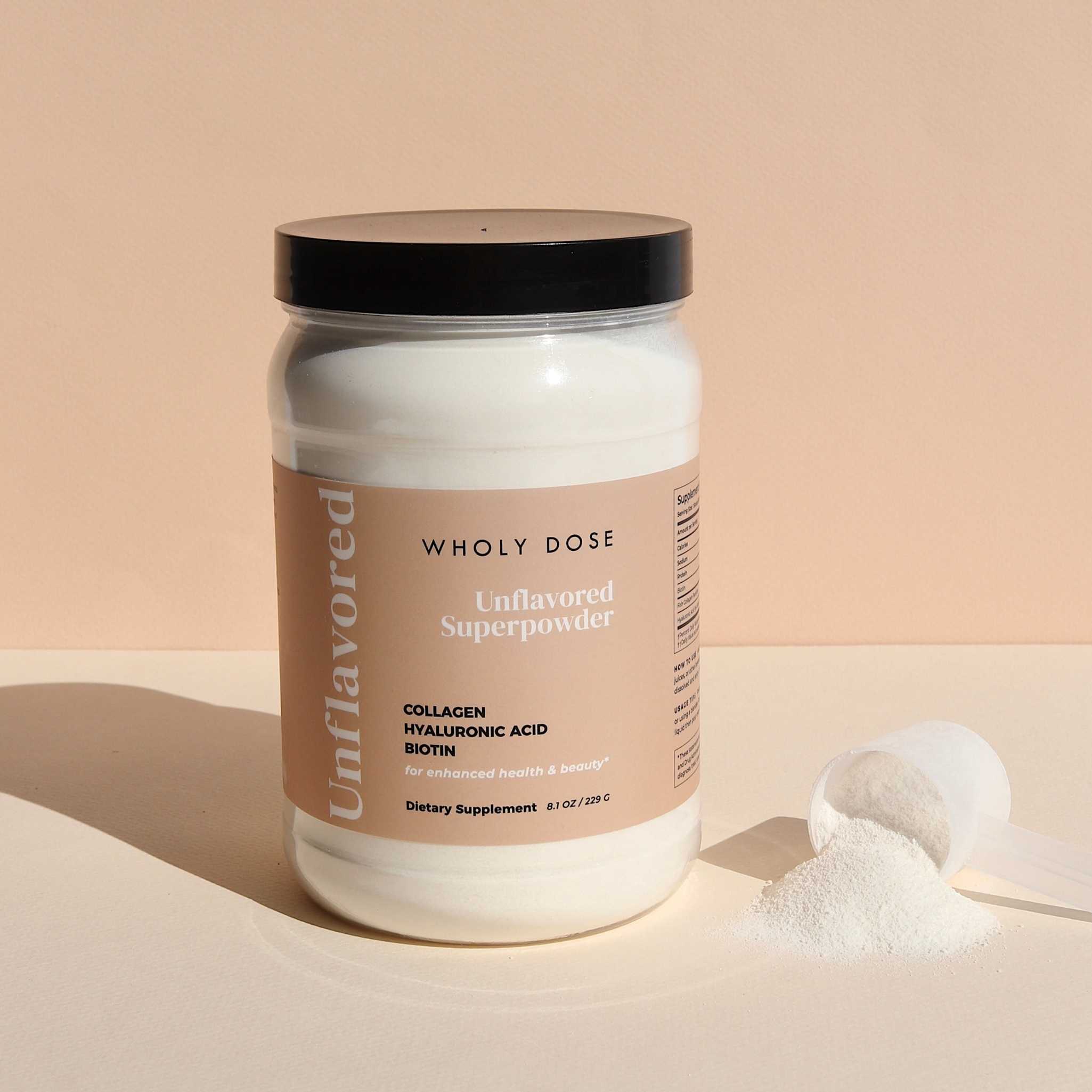
HYALURONIC ACID, MARINE COLLAGEN, BIOTIN BLEND
Supplements for Skin Wrinkles & Joints
Hyaluronic Acid Supplements for Osteoarthritis Joint Pain
One of the most common uses of hyaluronic acid supplements is to treat and manage osteoarthritis, which is the wearing down of bone tissue and cartilage in the body – joint pain in the hands, neck, lower back, knees, or hips is the most common symptom of osteoarthritis.
Hyaluronic acid is a fluid that helps moisten joints, acting like a lubricant for joints.
An injectable form of hyaluronic acid, called hyaluronan, can offer short-term relief for people with pain and stiffness from osteoarthritis. However, injectable hyaluronic acid is not considered a first-line treatment for knee osteoarthritis.
In fact, the American College of Rheumatology (ACR), the Arthritis Foundation (AF) and the American Academy of Orthopedic Surgeons, do not actually recommend hyaluronic acid injections to treat or manage knee arthritis.
Ingesting hyaluronic acid supplements on the other hand have shown promising results for managing joint pain.
A 2015 study published in Rheumatology International reported that those who took an oral hyaluronic supplement called Oralvisc for 3 months experienced relief in adults with obesity and knee osteoarthritis.
Researchers found that among those given the hyaluronic acid supplement, Oralvisc, there was:
- A reduction in inflammatory proteins called cytokines
- An increased concentration of hyaluronic acid in joint fluids
Another study from 2017 in the Journal of Medical Food reported that an oral hyaluronan (hyaluronic acid supplement) had similar effects. Among the 72 adults with knee arthritis who completed the study, those given the oral hyaluronic acid supplements experienced:
- Lower pain scores
- Improved sleep quality
- Significant reduction in the use of pain medications compared to those provided a placebo
Taking hyaluronic acid supplements through ingestion shows promising results for those who experience joint pain and osteoarthritis.
Possible Side Effects of Hyaluronic Acid Supplements
Are hyaluronic acid supplements safe? Yes!
The FDA reports that hyaluronic acid products are generally safe when taken by mouth (ingesting hyaluronic acid supplements) or used topically on skin.
A 2016 study in the Nutrition Journal reviewed 13 clinical trials and reported that there were no notable side effects in any of the participants who took hyaluronic acid supplements.
However, when HA is injected, it may cause:
- Pain
- Bruising
- Redness
- Itching
- Tingling
- Swelling
Hyaluronic Acid Supplement Formats
Unlike injectable hyaluronic acid, you do not need a prescription to buy hyaluronic acid supplements. Hyaluronic acid supplements can be bought online such as on Amazon or independent brands, in drugstores like CVS, health food stores that specialize in nutritional supplements like The Vitamin Shoppe or GNC Vitamins, or beauty shops like Sephora or the Dermstore.
Hyaluronic acid supplements are available in the forms of powder, liquid, tablet, capsule, softgel, or gummies – there are both flavored and unflavored formulations.
Some brands combine hyaluronic acid with other ingestible ingredients such as collagen and biotin, like Wholy Dose’s Unflavored Superpowder, which is a supplement powder blend of marine collagen, hyaluronic acid, and biotin.
There are over-the-counter arthritis treatments that contain a combination of hyaluronic acid, glucosamine, and chondroitin sulfate.
Hyaluronic Acid Supplement Recommended Dosage
While there are no universal guidelines for the appropriate use of hyaluronic acid supplements, most clinical studies recommend taking a daily dosage of 90 to 120 milligram (mg) per day.
There are products that endorse 1,000 mg per day, but that seems to be excessive – despite claims to the contrary, there is no evidence that higher doses of hyaluronic acid translate to better results. In fact, most clinical studies have limited the daily intake of hyaluronic acid to no more than 240 mg.
What To Look For When Buying the Best Hyaluronic Acid Supplement
While dietary supplements are not strictly regulated in the United States, there are measures you can take to make your purchase more at ease.
- Read the Label: Always read ingredient labels to check for ingredients you may be sensitive to, like gluten, dairy or other common allergens. If you don't recognize something listed, ask your doctor about it.
- Check for Sugar & Preservatives: Try to avoid products that contain sugar or preservatives. These ingredients are unnecessary and may harm you more than help you.
- Research the Brand: Do a quick search on the brand before making a purchase. You can find the credibility of brands by reading reviews, reviewing before and after pictures, checking press coverages or awards, and seeing the brand’s community of customers and users through social media mentions and tags.
- Buy Based on Quality, Not Price: Don’t resort to the quickest or cheapest hyaluronic acid supplement you can find on Amazon. Buying the most expensive HA supplement is also not the answer. Instead, look for clean, quality ingredients as these will translate to better results for your body and health.
Summary
Some people use hyaluronic acid supplements to treat osteoarthritis, aging joints, dry skin, and wrinkles. While doctors use injectable hyaluronic acid for short-term arthritic symptom relief, the benefits of ingestible hyaluronic acid are newer with studies showing promising results.
If you are thinking about trying hyaluronic acid supplements, you may be wondering if they are safe and effective. Keep in mind that supplements containing only hyaluronic acid may provide results but those that are combined with other ingredients like collagen may provide more effective results. Carefully read the supplement labels you are considering and that it doesn't contain any allergens.

